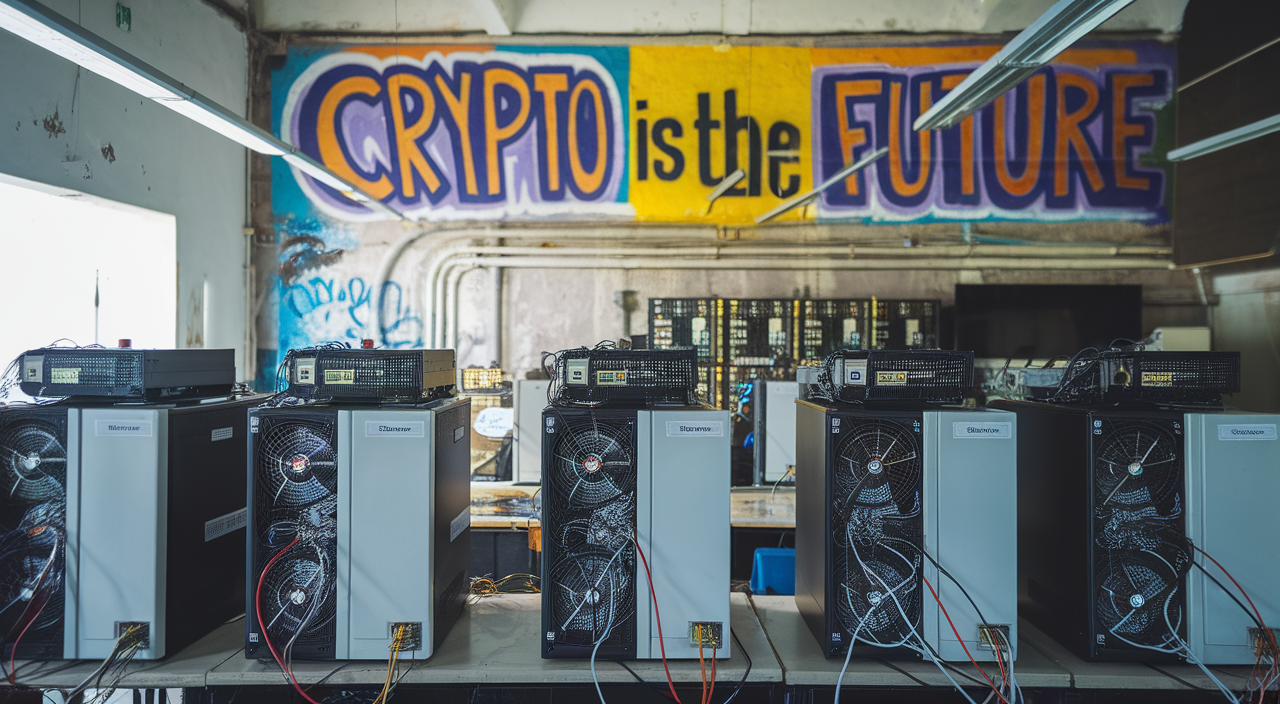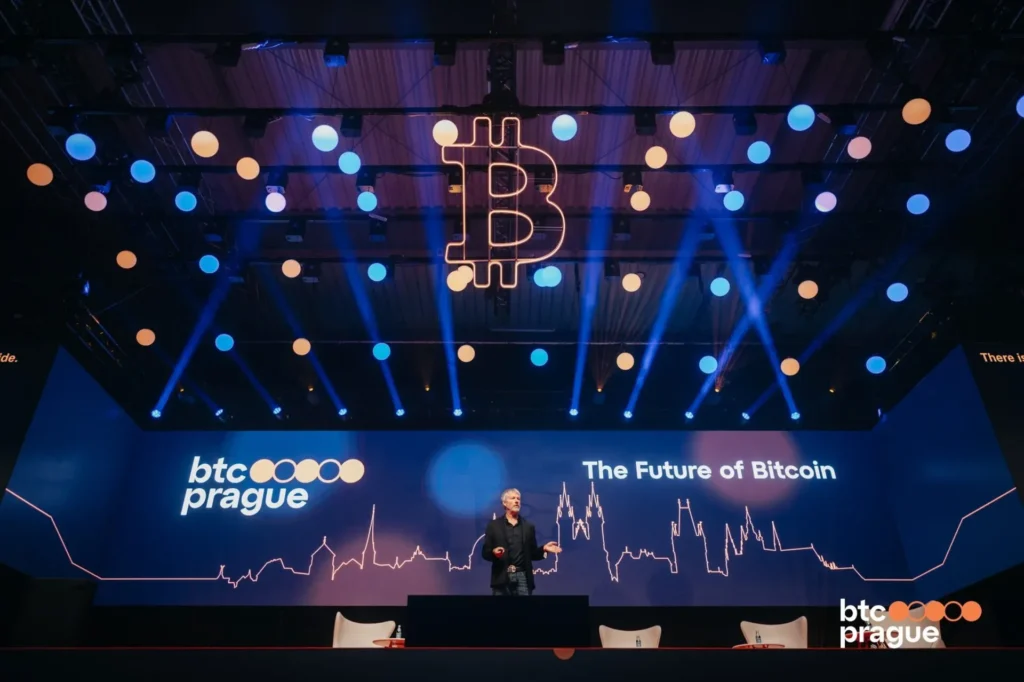Nigeria continues to prioritize cryptocurrency innovation while navigating a high-stakes legal battle with Binance, underscoring its dual focus on regulation and economic growth. The government filed an $81.5 billion lawsuit against the crypto exchange in February 2025, alleging tax evasion, money laundering, and destabilization of the naira—claims Binance disputes. Despite these tensions, Information Minister Mohammed Idris affirmed that Nigeria remains open to crypto businesses, emphasizing the need for compliance over crackdowns.
Authorities released Binance executive Tigran Gambaryan in October 2024 after eight months of detention, signaling a shift in tactics. The Nigerian Securities and Exchange Commission granted provisional licenses to startups like Busha and Luno in August 2024, marking the first official recognition of crypto operators. Analysts note that stablecoins dominate Nigeria’s crypto transactions, accounting for 40% of sub-Saharan Africa’s inflows, according to Chainalysis data. The country ranks second globally in grassroots crypto adoption, with $59 billion in transaction volume from mid-2023 to mid-2024.
Regulatory reforms aim to balance innovation with oversight. Parliament is advancing legislation to formalize digital asset governance, while the SEC tightened rules on crypto advertising and enforced tax requirements. Minister Idris dismissed claims that Binance single-handedly crashed the naira, attributing currency fluctuations to broader economic reforms like forex liberalization. Officials stress that licensing frameworks will expand, with central bank governor Olayemi Cardoso stating, “We’re eliminating investor obstacles through visa reforms and tax adjustments.”
Local crypto platforms report improved banking access and investor confidence following the SEC’s policy shifts. However, challenges persist as peer-to-peer trading declines and Binance blocks Nigerian users from promotional programs. Observers compare Nigeria’s approach to its $1.5 billion settlement with MTN in 2019, suggesting Binance’s case may follow a similar trajectory. With foreign investment dropping by 80% since 2020, the government seeks to reassure markets while pursuing what it calls “strategic accountability” in the digital economy.
Sources:
https://www.semafor.com/article/03/21/2025/nigeria-woos-crypto-sector-despite-binance-lawsuit
https://cointelegraph.com/news/nigeria-open-crypto-business-despite-rocky-past
https://www.dlnews.com/articles/regulation/binance-faces-legal-ordeal-in-nigeria-amid-81b-usd-fine/
https://www.tuko.co.ke/business-economy/581678-nigeria-moves-gingerly-tame-africas-biggest-crypto-market
https://www.inkl.com/news/nigeria-moves-gingerly-to-tame-africa-s-biggest-crypto-market
EXCLUSIVE: How Nigeria rejected Binance’s $5 million offer for Tigran Gambaryan’s release
https://www.theafricareport.com/377463/nigeria-vs-binance-what-is-behind-the-high-stakes-crypto-showdown/



